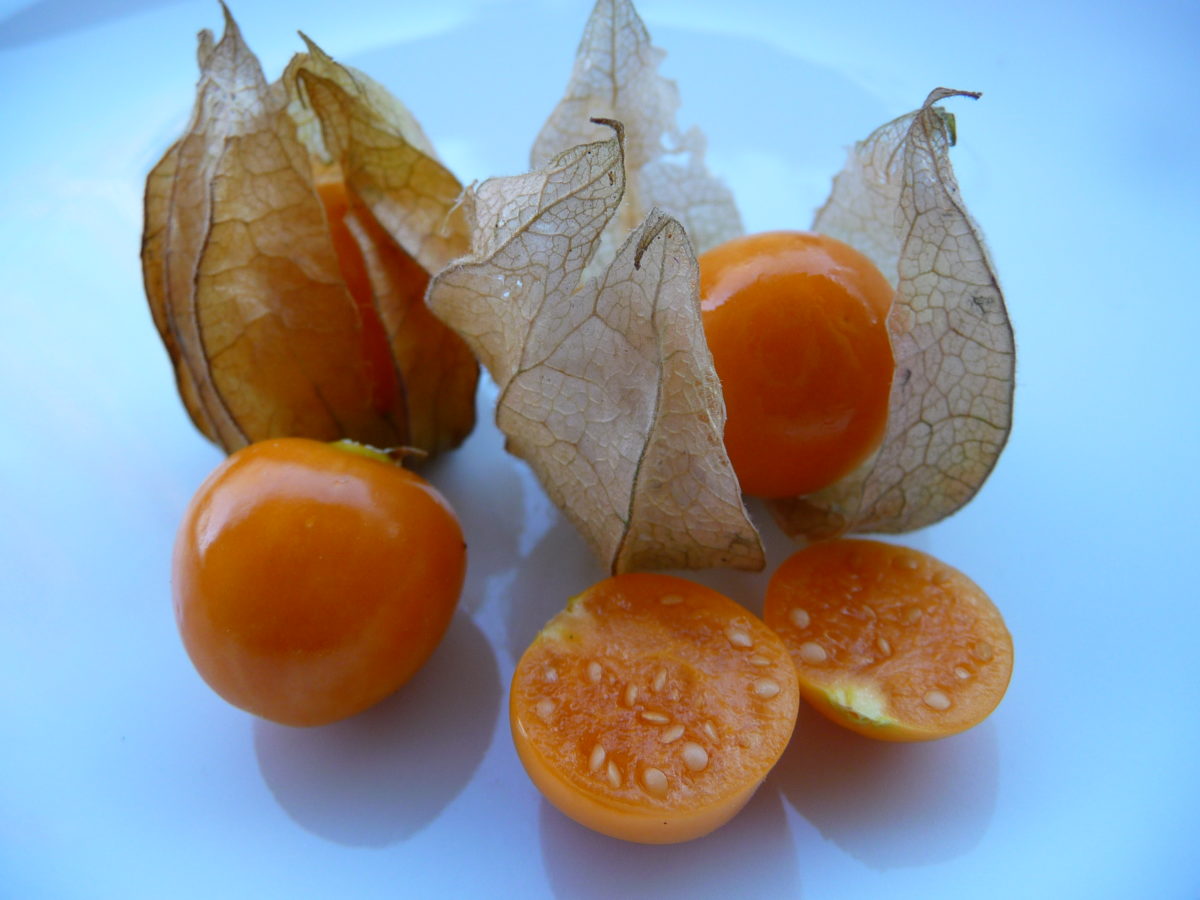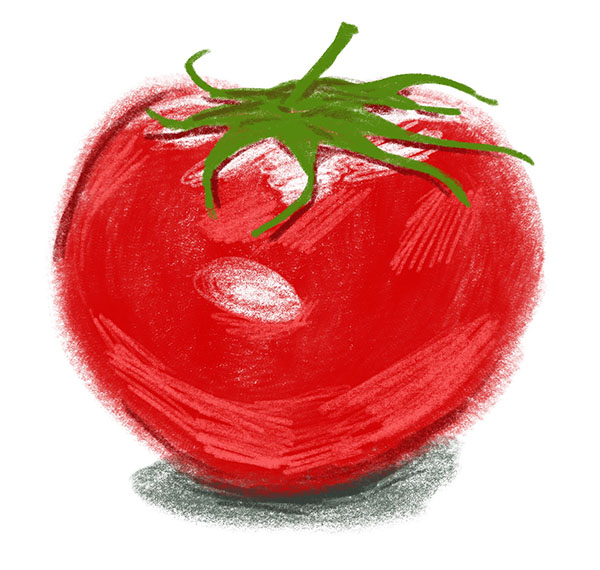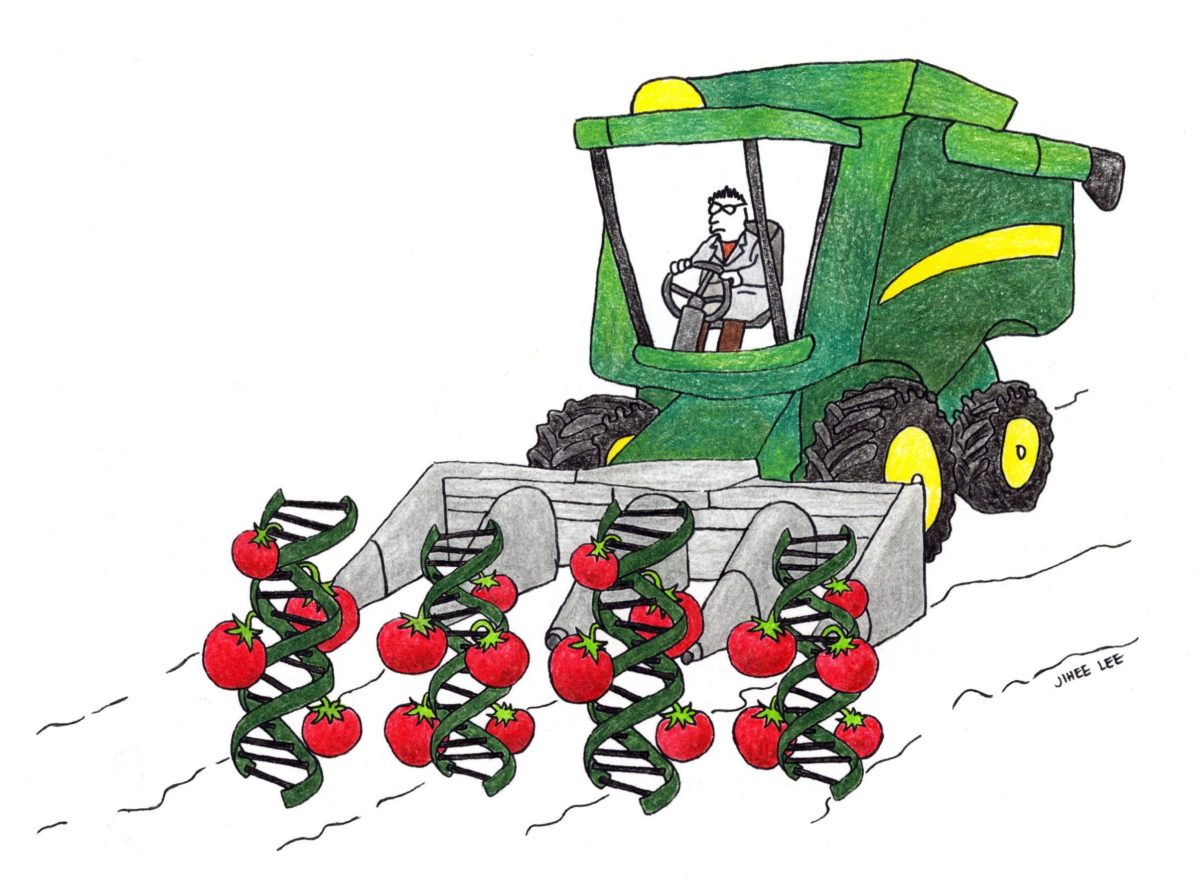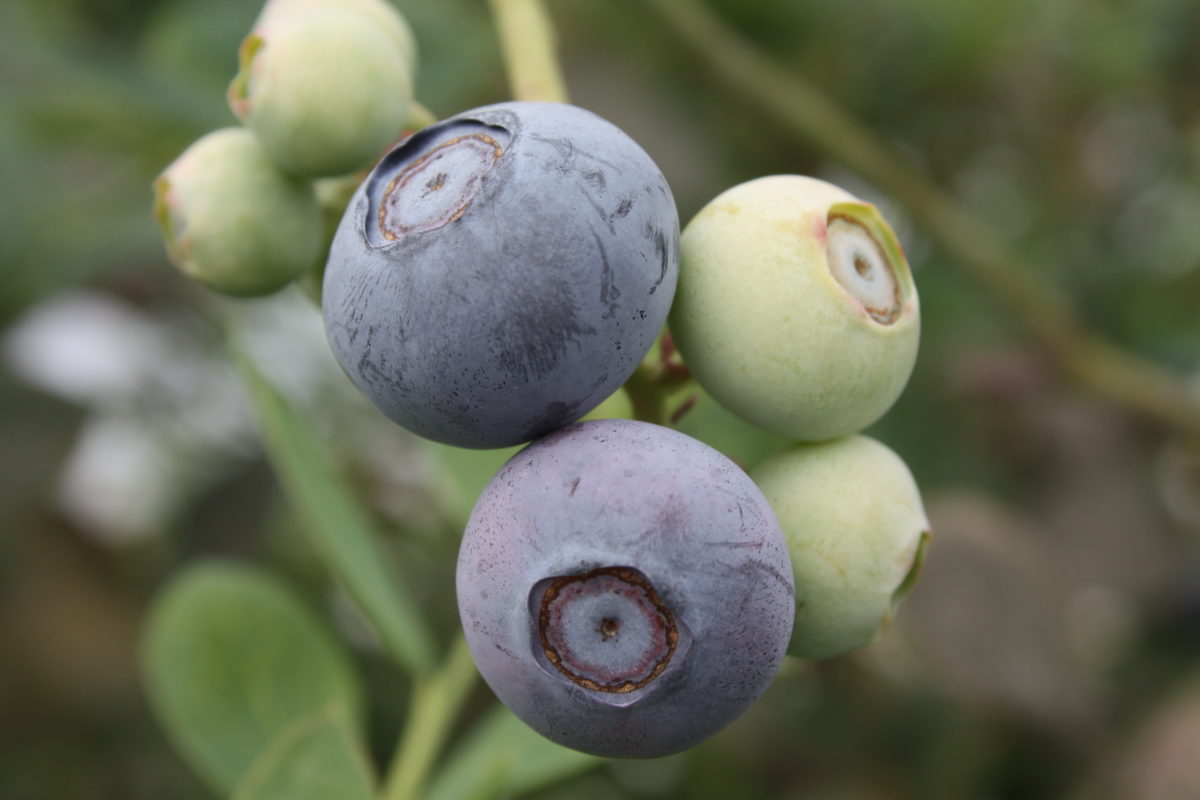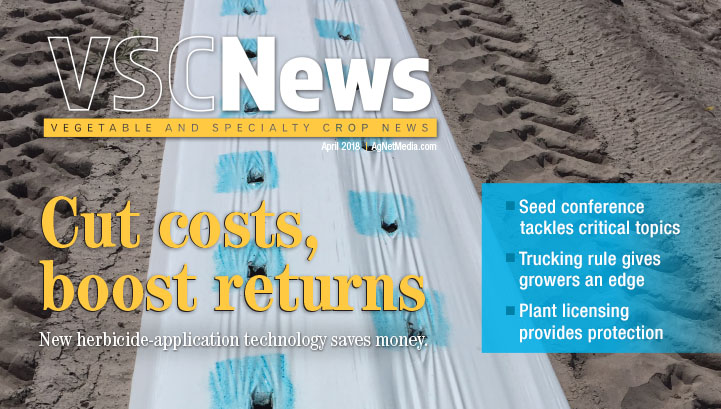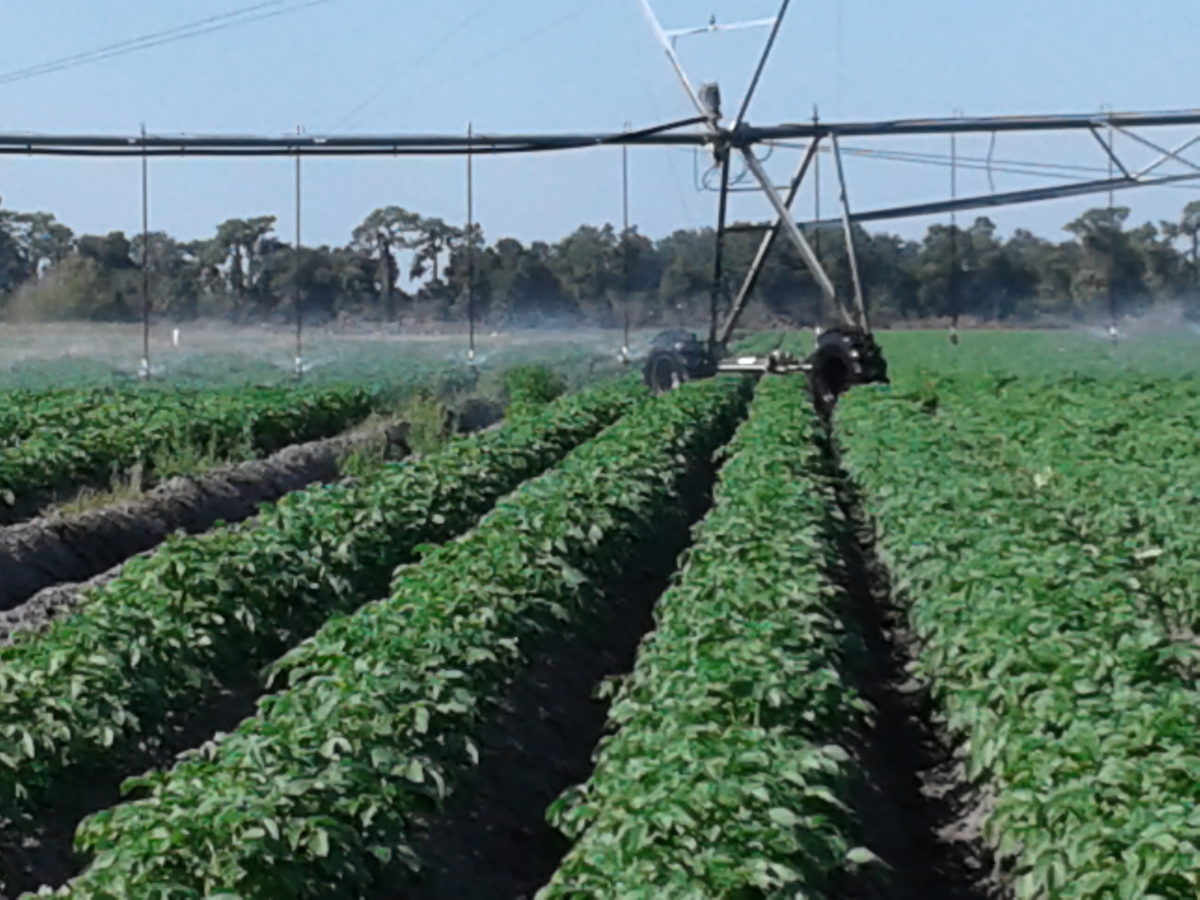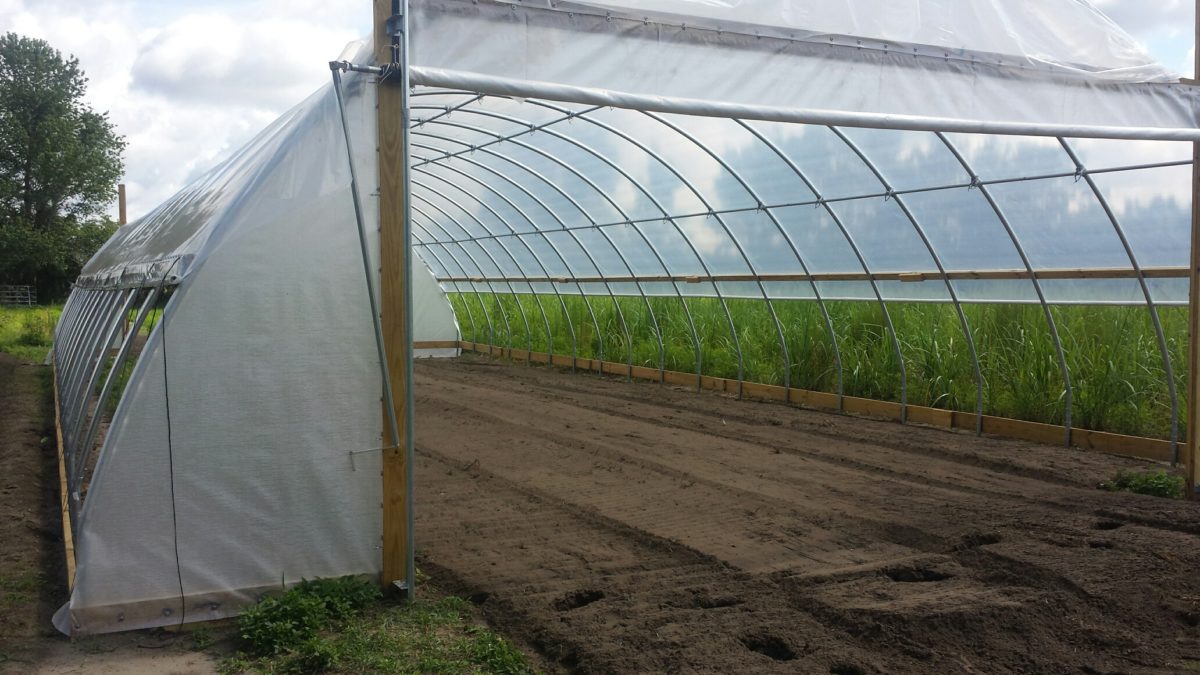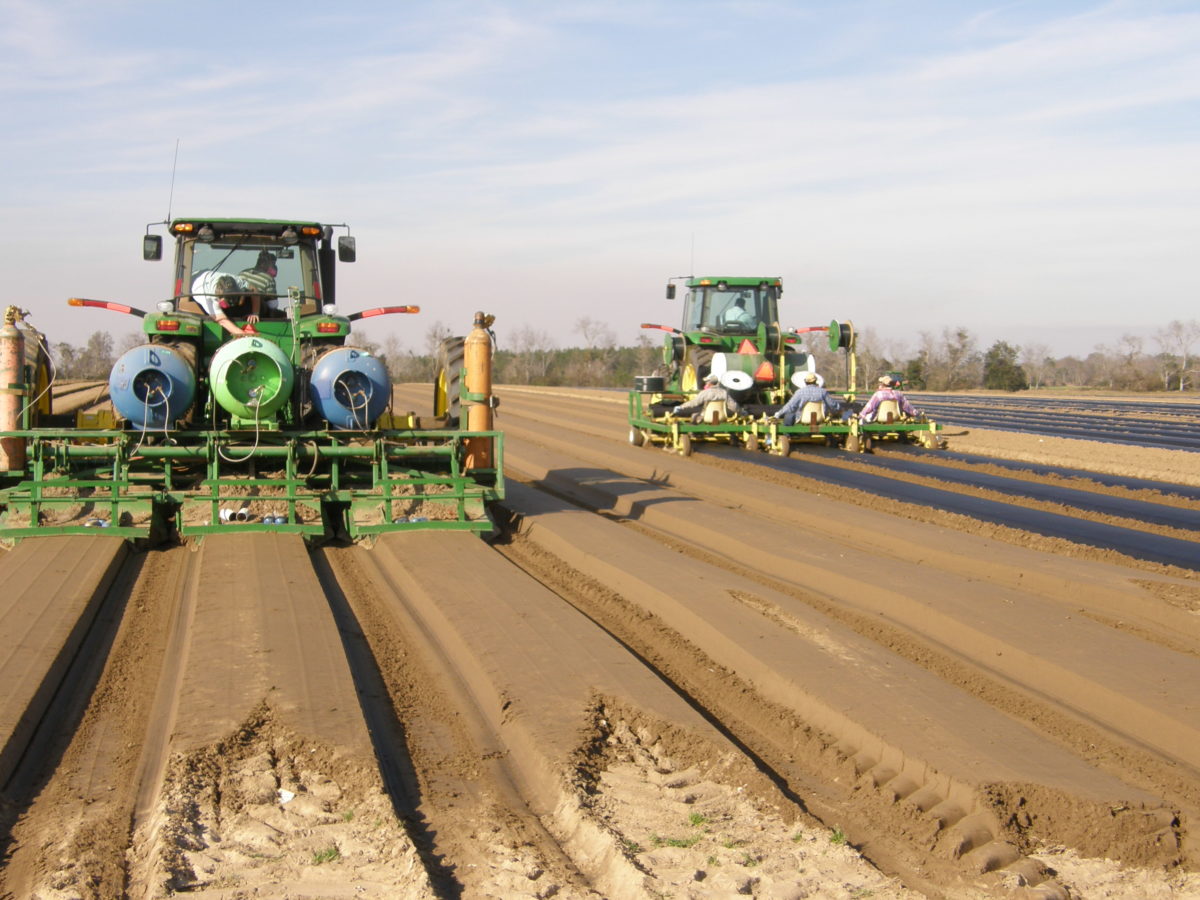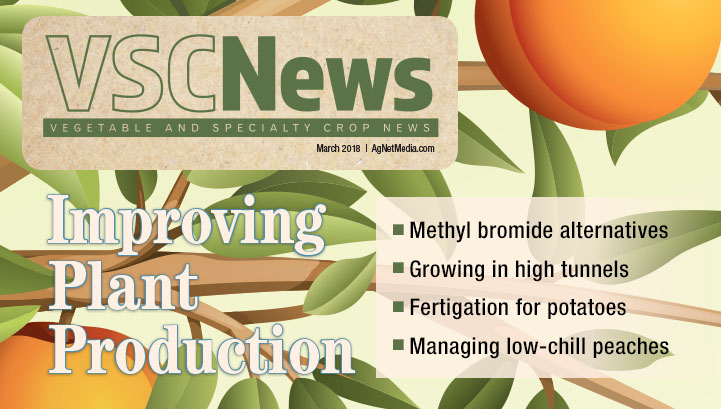By Kevin M. Folta Citrus originated in Southeast Asia, not Southeast of Orlando. Strawberries came from a chance genetic mix between a plant from the Mid-Atlantic States and a plant from Chile that crossed in France. Tomatoes originated in the Andes Mountains in South America, then made their way to Europe before coming back across the Atlantic to North America. …
The Next Big Biotech Traits
By Anne Schwartz Conventional breeding techniques and chemical controls have long been agriculture’s central means for disease management. However, despite hundreds of crosses performed and generations of progeny evaluated, durably resistant varieties remain elusive. Today, plant breeders are armed with an alternative method when conventional breeding techniques are insufficient. Specifically designed, genetically engineered plants offer potential for the development of …
DNA Sequencing Technology for Breeding Better Crops
By Tong Geon Lee Studies in crop plants now routinely use DNA information, thanks to scientists in the 1960s who invented first-generation machines that interpret DNA information. These devices are often called DNA sequencing machines since DNA is arranged in a particular order. The DNA sequencing approach utilizes computer analysis to assemble DNA sequence from short pieces of DNA sequenced …
A Fair Fight for Florida Farmers
By Jack Payne New plant varieties give Florida farmers a fighting chance in an increasingly competitive global market. University of Florida (UF) public scientists give Florida growers first shot at fruit that stands up to the latest disease, survives harsh weather and catches the eye of shoppers in the produce aisle. Those plant varieties are intellectual property — inventions in …
Sneak Peek: April 2018 VSCNews Magazine
Growers are constantly striving to cut costs while creating the best product possible. The April issue of VSCNews magazine features an article by University of Florida (UF) researchers Nathan Boyd and Arnold Schumann about a new technology that could drastically reduce the use of herbicides. Also featured in the April issue is an article by Jack Payne, University of Florida’s …
Fertigation Improves Potato Production
By Guodong Liu Seepage irrigation has been the most commonly used irrigation method for potatoes since the crop was first grown in Florida in the late 1800s. This traditional irrigation method doesn’t require much investment by the grower. Seepage irrigation waters the crop from the bottom by raising the water table, but it lacks water-use efficiency. DRAMATIC WATER SAVINGS Potatoes …
Hydrogen Cyanamide for Low-Chill Peaches in Florida
By Tripti Vashisth and Mercy Olmstead Interest in Florida peach production remains steady, with approximately 2,000 acres in the state. Florida peach growers have a number of advantages: 1) Early flowering and fruit set result in the ability to harvest fruit earlier in the domestic market window, yielding higher economic returns. 2) Recent surveys show that consumers prefer local produce, …
Growers Can Get Help with High Tunnels
By Jaci Schreckengost The Natural Resources Conservation Service (NRCS) has an initiative to assist growers with the installation of high tunnels in their production systems. Monica Jones, a district conservationist with the NRCS in Florida, said the Environmental Quality Incentives Program (EQIP) offers a High Tunnel System Initiative to help growers with installing a high tunnel. The NRCS is an …
Effective Methyl Bromide Alternatives
By Jenna C. Vance and Stanley Culpepper Effective alternatives to methyl bromide do exist for fruiting vegetable and cucurbit cropping systems in the Southeast; albeit these alternatives are much more complex than in the “golden” methyl bromide days. Growers need to be much smarter and more efficient in their decision-making process, and they need to better understand the factors that …
Sneak Peek: March 2018 VSCNews Magazine
Growers are constantly looking for ways to better the health of their crops while increasing yields. In the March 2018 issue of VSCNews magazine, growers can learn methods to improve plant production from top researchers in the Southeast. Finding alternative methods to methyl bromide has been a constant struggle for growers. Jenna C. Vance, University of Georgia (UGA) crop and …










